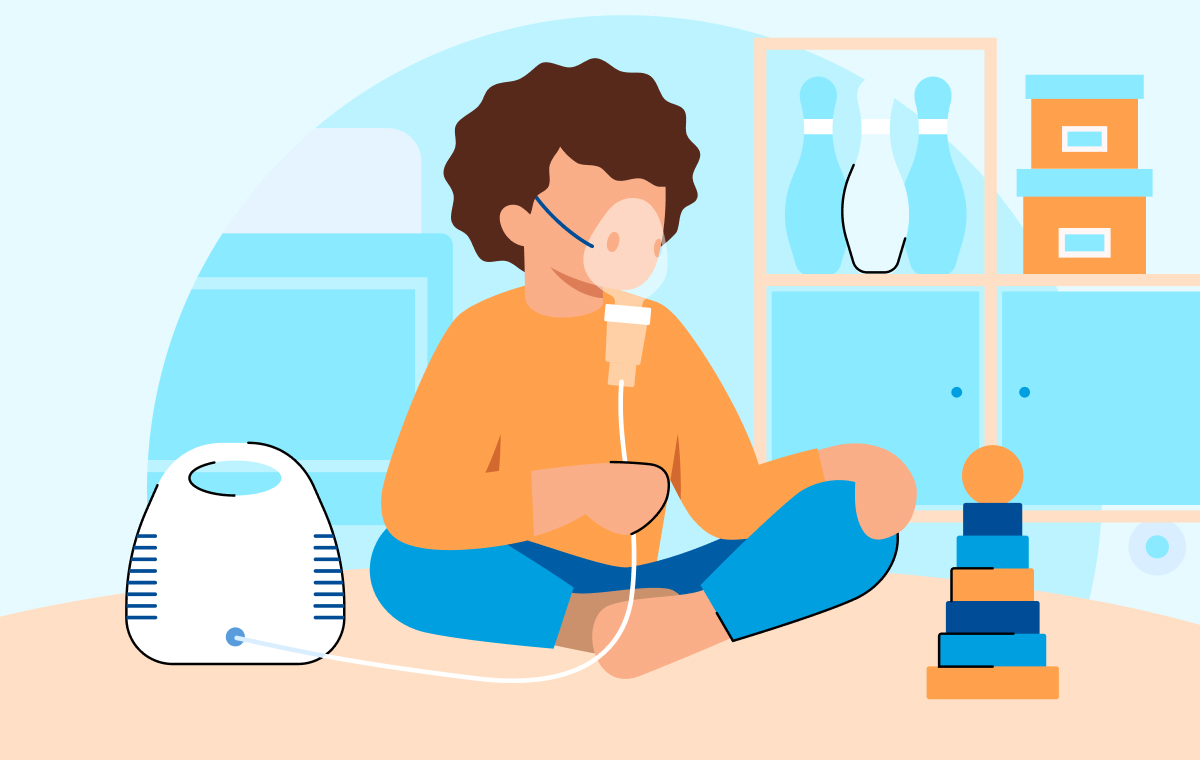Psoriasis is an autoimmune condition. Plaque psoriasis is the most common form of psoriasis, and shows up as areas of thick, red skin with white scales. Plaque psoriasis can be on any part of the body, often in the elbows, knees, scalp, back and face.
Another form of psoriasis is called psoriatic arthritis, which can can cause joint swelling and stiffness around the body, such as the fingers and toes, back, wrists or knees. In most people, psoriasis affects the skin before the joints, but it is hard to predict how one may be affected by one condition or the other.
Many medicines can reduce symptoms and prevent further damage — including medicines used on the skin, taken by mouth or injected into the body.
At your local specialty care pharmacy, you'll receive personalized support from a dedicated care coordinator who can work with your provider’s office to get your medicine approved, find ways to lower the cost of your medicine, help you apply for funding, and offer refill reminders.
If you take certain medicines, you will speak with a clinical pharmacist regularly. The pharmacist will review your medicines and check for interactions, help you deal with side effects, and offer advice about taking your medicine safely. This program aims to answer your questions and help you get the most from your medicine.
National Psoriasis Foundation
Psoriasis Connect
American Academy of Dermatology Association – Psoriasis
Arthritis Foundation










